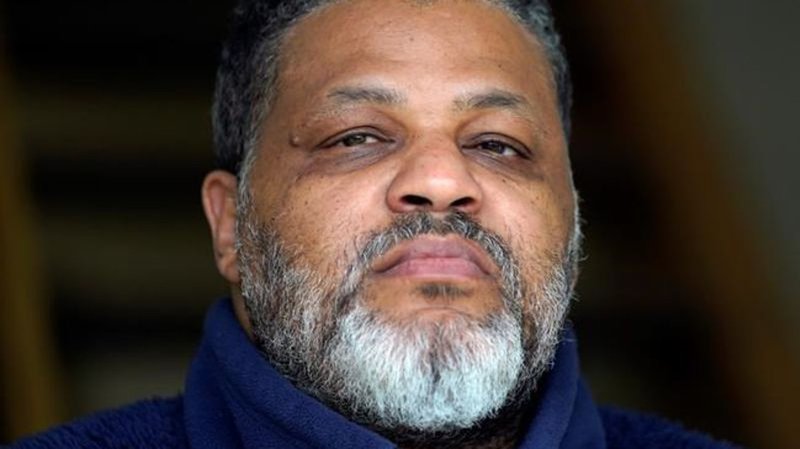
Election emerges as referendum on race relations in America
DETROIT — Every day feels like a raw wound for Omari Barksdale.
His sister, Laneeka Barksdale, died of COVID-19 in late March in Detroit — and since then, so have more than 226,000 Americans. Many were Black Americans whose communities were disproportionately devastated by the virus.
Omari Barksdale, a Black man, watched with alarm as the toll of the country’s racial injustice mounted. People of colour bore the brunt of pandemic-related job losses. Police shot and killed Breonna Taylor inside her Kentucky home, and a Minneapolis police officer pressed a knee into George Floyd’s neck for nearly eight minutes as Floyd gasped, “I can’t breathe,” in his final moments.
The convergence of the pandemic, joblessness and police brutality has forced the U.S. to confront its centuries-old legacy of systemic racism this year. And for Barksdale and many Black Americans, it’s turned next week’s presidential election into a referendum on the future of race relations, an opportunity to take steps toward healing or the potential of a deeper divide.
